🌱 How to Compost and What is Composting?
Composting is a natural process where organic waste, like food scraps, leaves, and paper breaks down into nutrient-rich soil conditioner (often called “black gold” by gardeners).
Why It’s Beneficial:
✔ Reduces landfill waste (30–50% of household trash can be composted).
✔ Improves soil health (boosts nutrients, water retention, and aeration).
✔ Saves money (less need for store-bought fertilizers).
✔ Lowers carbon footprint (cuts methane emissions from landfills).
♻️ How to Compost: 6 Simple Steps
Step 1: Choose a Composting Method
| Method | Best For | Pros | Cons |
|---|---|---|---|
| Backyard Bin | Homes with outdoor space | Low-cost, large capacity | Slower decomposition |
| Tumbler | Faster composting | Easy to turn, pest-resistant | More expensive |
| Vermicomposting (Worms) | Apartments/small spaces | Fast, great for indoors | Needs worm care |
| Bokashi (Fermentation) | Meat/dairy composting | Works for all food waste | Requires special bran |
Tip: Start with a simple bin or tumbler if you’re new to composting.
Step 2: Know What to Compost
✅ Greens (Nitrogen-Rich – Speeds Breakdown)
- Fruit & veggie scraps
- Coffee grounds & filters
- Fresh grass clippings
- Eggshells (crushed)
✅ Browns (Carbon-Rich – Adds Bulk & Aeration)
- Dry leaves
- Shredded cardboard/newspaper
- Straw/hay
- Wood chips
❌ What NOT to Compost
- Meat, fish, dairy (attracts pests)
- Oily/greasy foods
- Pet waste (risk of pathogens)
- Diseased plants
Golden Ratio: 2 parts browns to 1 part greens for optimal decomposition.
Step 3: Build Your Compost Pile
- Layer materials (start with coarse browns for airflow).
- Alternate greens & browns (like lasagna layers).
- Keep it moist (like a damp sponge).
- Cover (to retain heat and moisture).
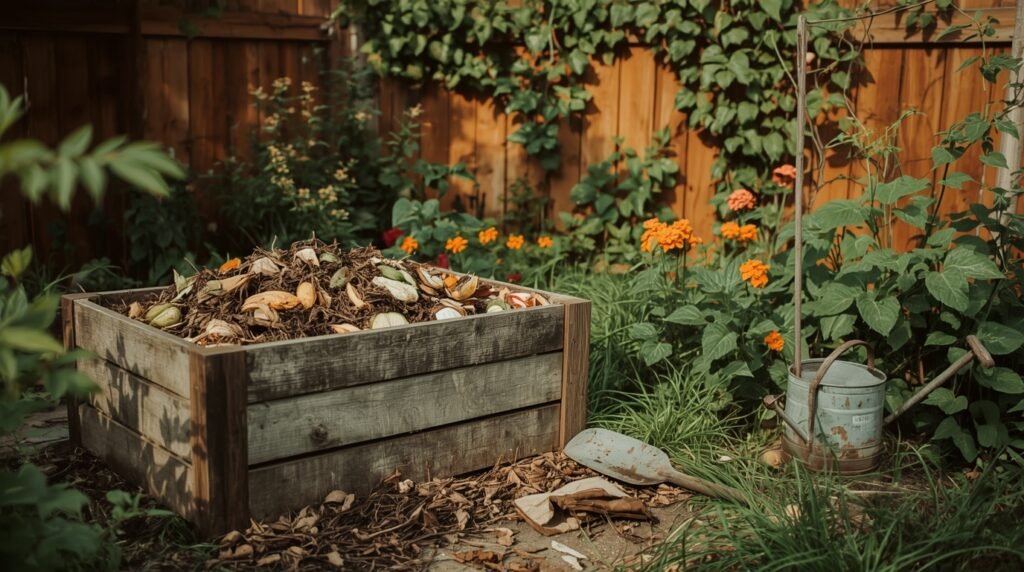
Pro Tip: Chop scraps into smaller pieces for faster breakdown.
Step 4: Maintain Your Compost
💧 Moisture Check:
- Too dry? Add water or green materials.
- Too wet? Mix in dry leaves or shredded paper.
🌡️ Temperature Matters:
- Ideal temp: 135–160°F (kills weeds/seeds, speeds decomposition).
- Use a compost thermometer to monitor.
🌀 Aeration is Key:
- Turn pile weekly with a pitchfork or compost aerator.
- Tumblers? Spin every 3–4 days.
Step 5: Know When Compost is Ready
✅ Dark, crumbly texture (like soil).
✅ Earthy smell (no rotten odors).
✅ No recognizable scraps (fully broken down).
Timeframe:
- Hot composting: 2–3 months (with regular turning).
- Cold composting: 6–12 months (minimal maintenance).
Step 6: Use Your Finished Compost
- Mix into garden soil (boosts nutrients).
- Top-dress lawns (improves grass health).
- Add to potting mixes (for houseplants).
- Spread around trees/shrubs (retains moisture).
🏡 Composting in Small Spaces (Apartments & Balconies)
1. Vermicomposting (Worm Bin)
- Best for: Indoor composting (no smell if managed well).
- How it works: Red wiggler worms break down food scraps.
- Setup:
- Use a shallow bin with bedding (shredded paper/coconut coir).
- Add worms + food scraps.
- Harvest worm castings (rich compost).
2. Bokashi Bin (Fermentation Method)
- Best for: All food waste (including meat/dairy).
- How it works: Ferments scraps using EM (Effective Microorganisms).
- Setup:
- Layer scraps with Bokashi bran.
- Drain liquid (use as fertilizer).
- Bury fermented waste in soil.
🚀 How to Speed Up Composting
✔ Chop scraps small (faster breakdown).
✔ Turn pile frequently (boosts oxygen).
✔ Add compost accelerator (or manure for microbes).
✔ Keep pile moist & warm (ideal conditions).
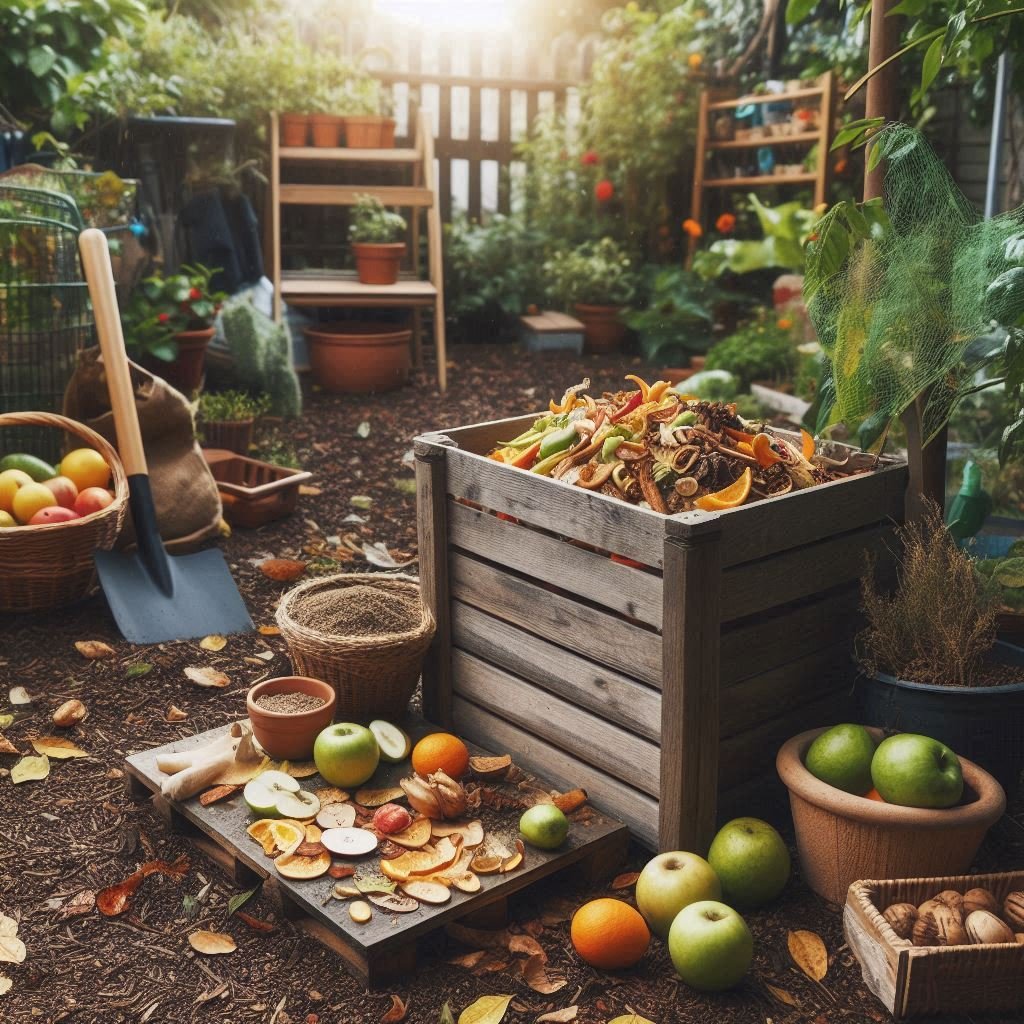
🛒 Best Composting Tools for Beginners
| Tool | Why It’s Useful |
|---|---|
| Compost Bin/Tumbler | Contains scraps, speeds decomposition |
| Kitchen Scrap Collector | Odor-free countertop storage |
| Compost Thermometer | Monitors heat for faster breakdown |
| Aerator Tool | Makes turning easier |
| Shredder | Cuts leaves/cardboard for faster composting |
❓ FAQ: How to Compost Successfully
Q1: How long does composting take?
- Hot composting: 2–3 months (with effort).
- Cold composting: 6–12 months (passive).
Q2: Can I compost in an apartment?
Yes! Use vermicomposting (worms) or Bokashi bins for indoor composting.
Q3: Why does my compost smell bad?
- Too wet? Add browns (dry leaves).
- Not enough air? Turn the pile.
- Meat/dairy? Avoid these (use Bokashi instead).
Q4: Can I compost paper/cardboard?
Yes! Shredded uncoated paper, egg cartons, and cardboard are great brown materials.
Q5: Do I need worms for composting?
Only for vermicomposting. Outdoor piles decompose naturally with microbes.
8 Brilliant Ideas: How to Start a Vegetable Garden (2025 Guide)
✅ Final Thoughts
Now that you know how to compost, you can turn everyday waste into garden gold, whether you live in a house or apartment. Start small, balance greens and browns, and enjoy healthier plants, less waste, and a greener planet!
🌿 Ready to start? Grab a bin, collect scraps, and let nature do the rest!
Did this guide help? Share your composting journey in the comments!



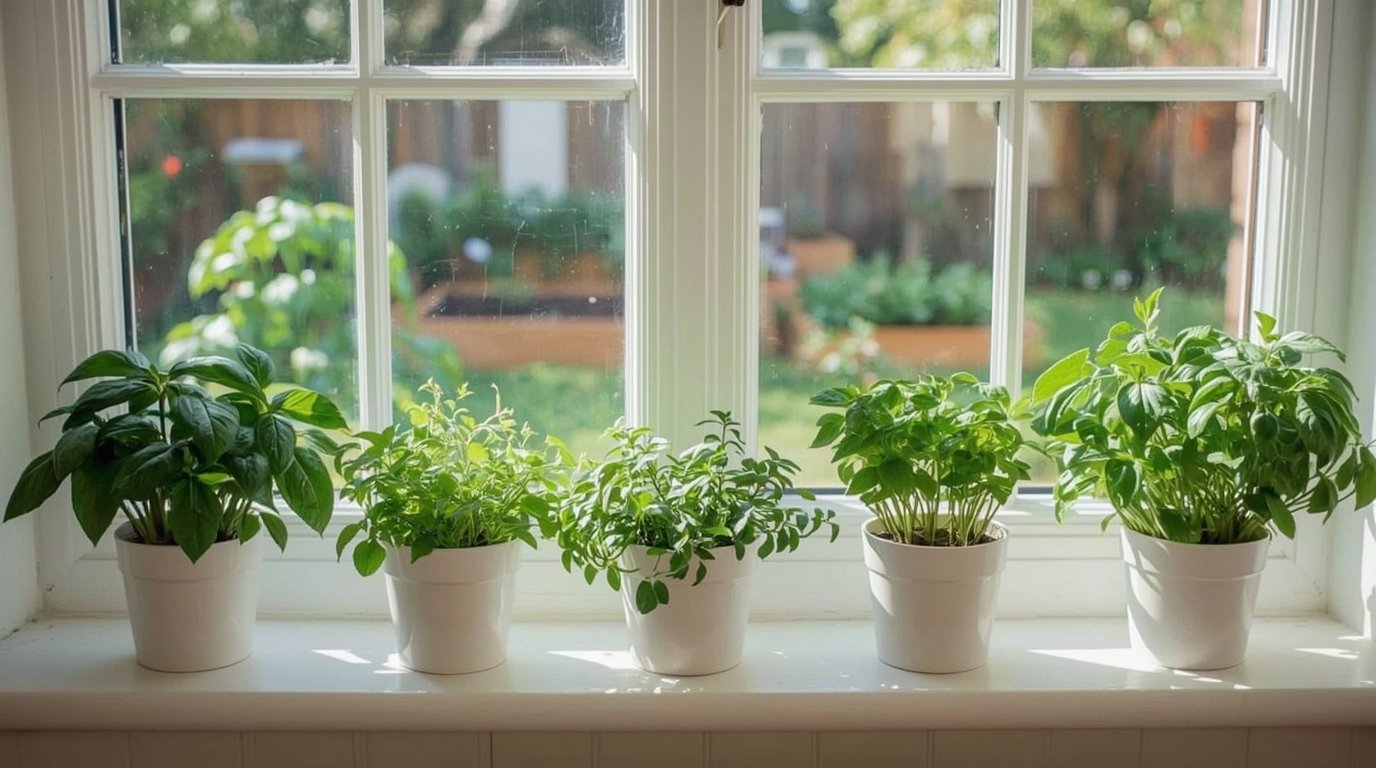


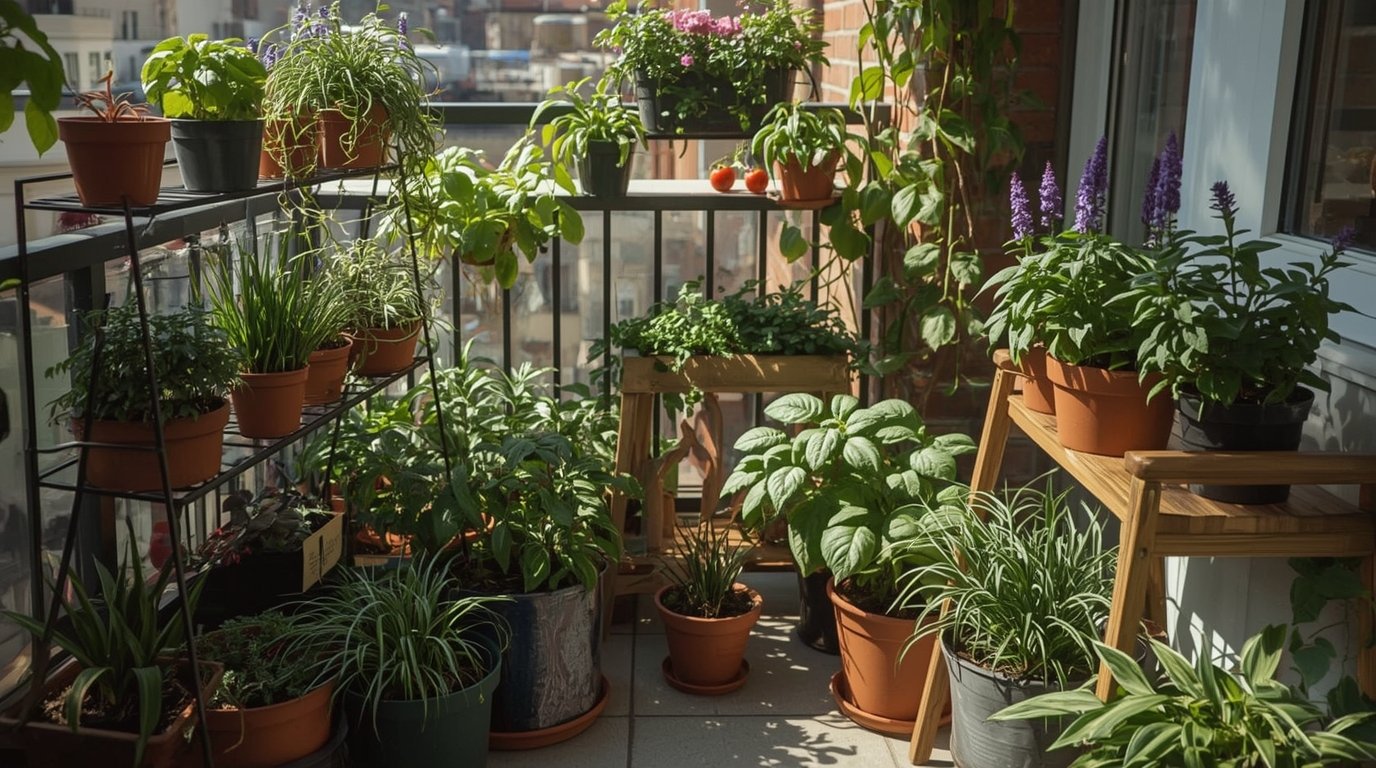
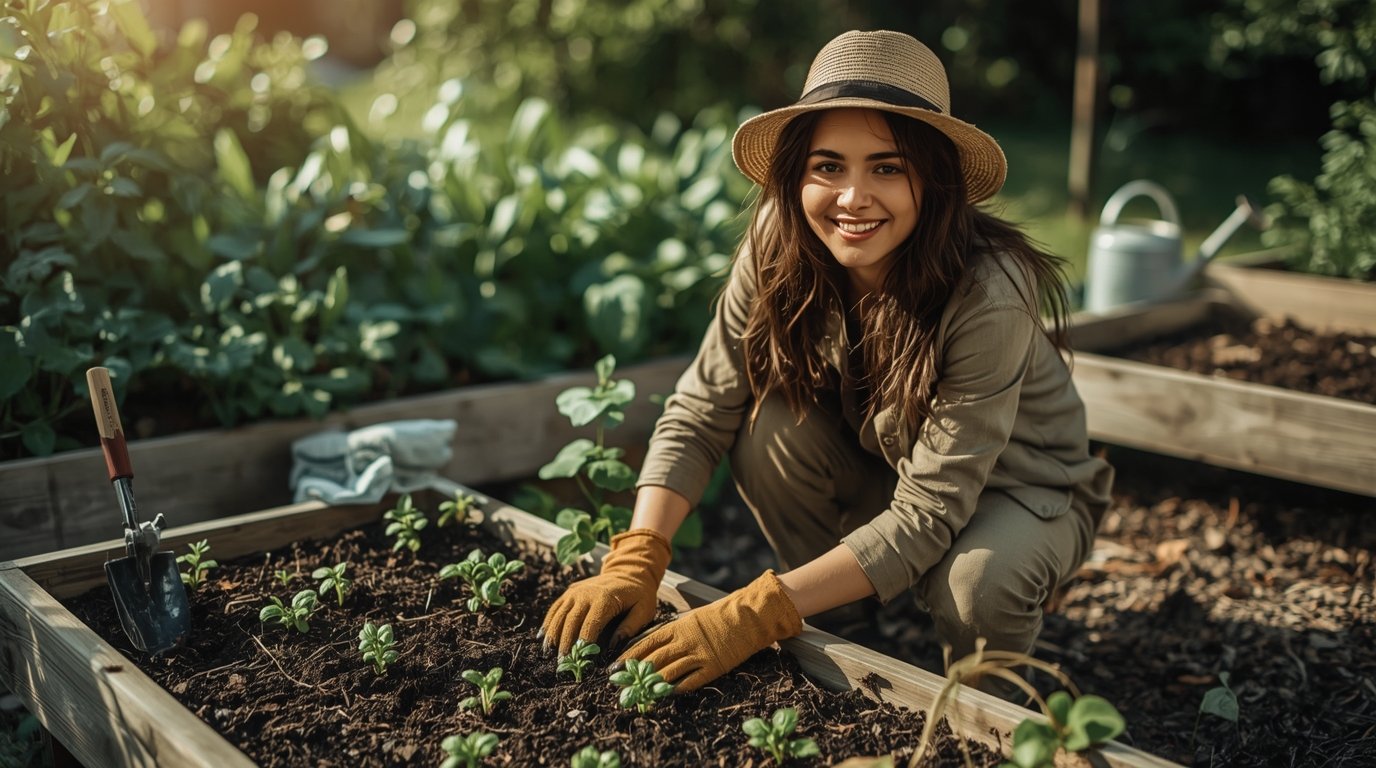

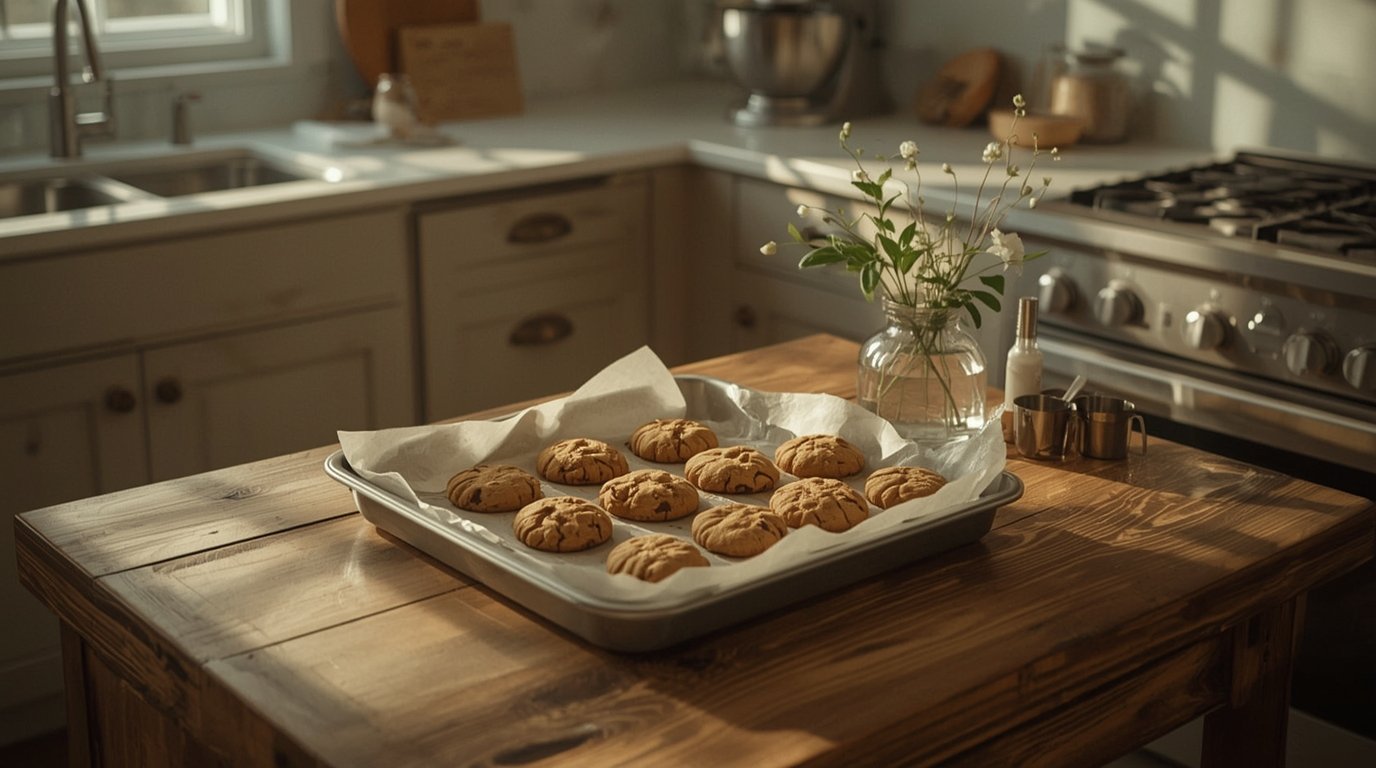
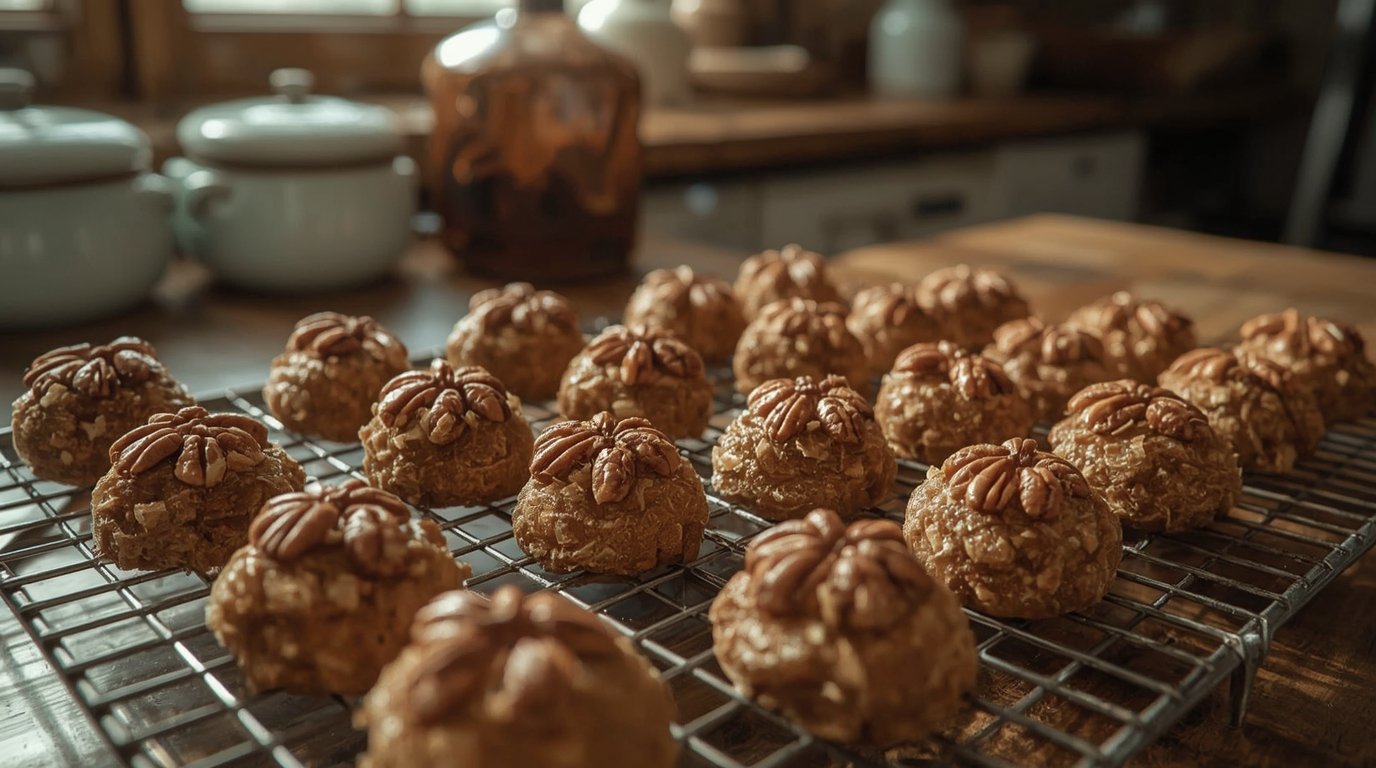

Leave a Reply